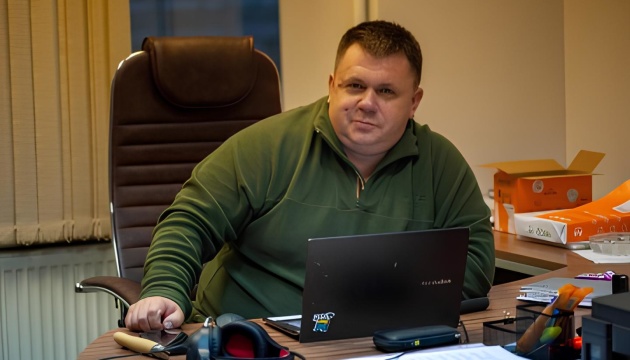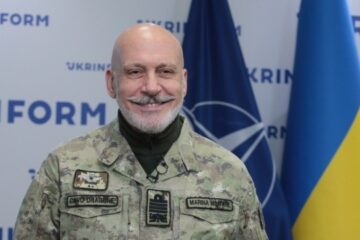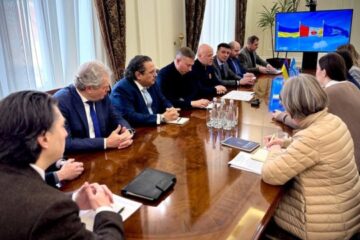
Since 2014, Russia has been allocating at least one billion euros annually to develop its media infrastructure worldwide. However, Ukrainian society can build “immunity” against Russian information-psychological operations (IPSO) under certain conditions.
This was stated by chief specialist of the Communications Department of the Ukrainian Ground Forces Command, Taras Dziuba, in an interview with Ukrinform.
“Looking back at February 2022, the Russians didn’t even consider us as objects of such IPSOs. Their efforts were aimed solely at the global community. That was their mistake, and Ukraine, or rather the Ukrainian community, took full advantage of it. In the first six months of the large-scale war, Ukrainians demonstrated societal unity and resilience to informational attacks,” he emphasized.
According to Dziuba, Russia miscalculated both with their “Kyiv in three days” plan and in their psychological influence efforts on Ukrainians, based on a previously developed plan.
“They failed to conduct proper audience analysis, and no one greeted them with flowers. They also didn’t assess the information environment. They faced the fact that in the first three or four months, they had to defend their own information space. Why defend? No one expected the ‘information surge’ from our side. Mass materials, such as broadcasting real losses of the aggressor, destruction or capture of their equipment, forced the occupiers to drastically adjust their actions. Over those six months, Russia suffered significant defeats in the information war against Ukraine,” the expert stressed.
When analyzing the enemy’s actions against Ukraine, the military expert pointed out: “We are doing well with media literacy and the ability to counter or resist Russian informational influences, as long as it doesn’t directly affect each person. If someone doesn’t necessarily need to go to the Ukrainian Armed Forces for mobilization, Russian IPSO fades away like dew in the sun. But as soon as a summons arrives and one has to go to the TRC (Territorial Recruitment Center), it works differently. At that point, thoughts like ‘maybe I don’t need to,’ ‘something is wrong here,’ and ‘it’s not that simple’ arise. And the search for an answer, already embedded by the enemy, begins.”
At the same time, Dziuba believes that answering the question of what to do in response to such actions by the aggressor is not simple. “Because the Russians are operating worldwide through their media, through grant projects of the ‘Russian World.’ We know that since 2014, the enemy has been allocating at least one billion euros annually to develop their state-run media infrastructure. Let me emphasize, not for informational support, but specifically for the development of their extensive state media network (and let’s not forget the private Russian media that work in unison with the state!),” the expert shared.
In his opinion, assistance from partners, who re aware of the importance of this issue, will be handy. “Everyone must understand: Russia has allowed its ‘profiled’ specialists to do whatever they want. They openly disregard any rules and operate in virtually every country in the world. Russia aims to create an alternative information reality and impose it on the civilized world. In such a reality, it is difficult to distinguish truth from falsehood,” Dziuba concluded.
As reported by Ukrinform, according to experts, Russian propaganda has shifted to a global audience, nearly losing its influence on Ukraine due to effective counteraction.
Source: Russia spends EUR 1B annually on its media since 2014 – expert



